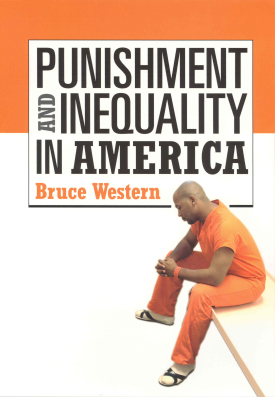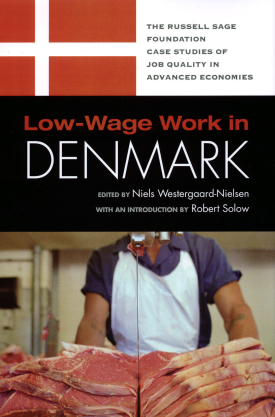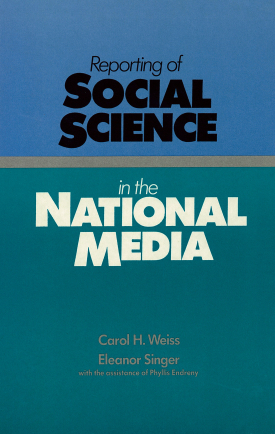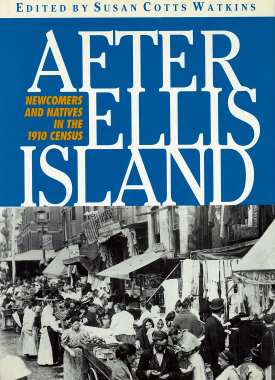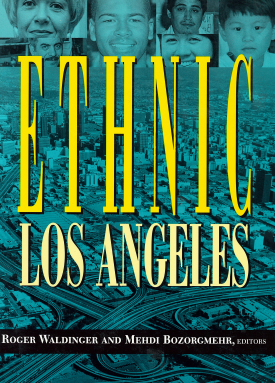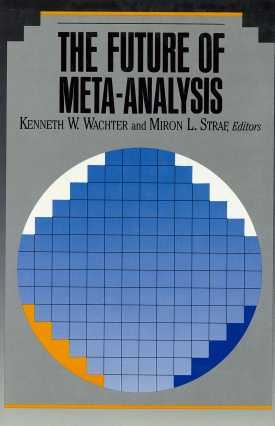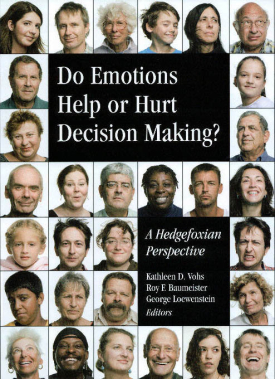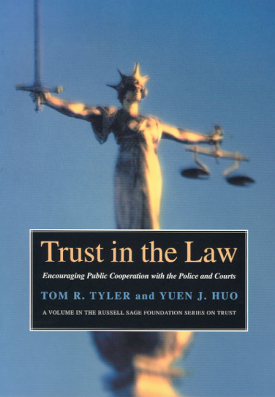Scientific progress often begins with the difficult task of preparing informed, conclusive reviews of existing research. Since the 1970s, the traditional "subjective" approach to research reviewing in the social sciences has been challenged by a statistical alternative known as meta-analysis. Meta-analysis provides a principled method of distilling reliable generalizations from previous studies on a single topic, thereby providing a quantitative and objective background for future research.
The Future of Meta-Analysis brings together expert researchers for an in-depth examination of this new methodology—not to promote a consensus view but rather to explore from several perspectives the theories, tensions, and concerns of meta-analysis, and to illustrate through concrete examples the rationale behind meta-analytic decisions.
In a meta-analysis prepared especially for this volume, a statistician and a psychologist review the existing literature on aphasia treatment. In a second study, experts analyze six still-unpublished meta-analyses sponsored by the National Institute of Education to investigate the effects of school desegregation on the academic achievement of black children. This unique case study approach provides valuable discussion of the process of meta-analysis and of the current implications of meta-analysis for policy assessment.
Prepared under the auspices of the National Research Council, The Future of Meta-Analysis presents a forum for leaders in this rapidly evolving field to discuss salient conceptual and technical issues and to offer a new theoretical framework, further methodological guidance, and statistical innovations that anticipate a future in which meta-analysis will play an even more effective and valuable role in social science research.
KENNETH W. WACHTER is professor of demography and statistics at the University of California, Berkeley.
MIRON L. STRAF is director of the Committee on National Statistics for the National Research Council of the National Academy of Sciences.
CONTRIBUTORS: Kenneth W. Wachter, Miron L. Straf, Ingram Olkin, Larry V. Hedges, Joel B. Greenhouse, Davida Fromm, Satish Iyengar, Mary Amanda Dew, Audrey L. Holland, Robert E. Kass, Nan M. Laird, Jeffrey M. Schneider, Linda Ingram, S. James Press, Harris M. Cooper, David S. Cordray, Robert Rosenthal, Norman M. Bradburn, Fredric M. Wolf, Donald B. Rubin, and Frederick Mosteller.


